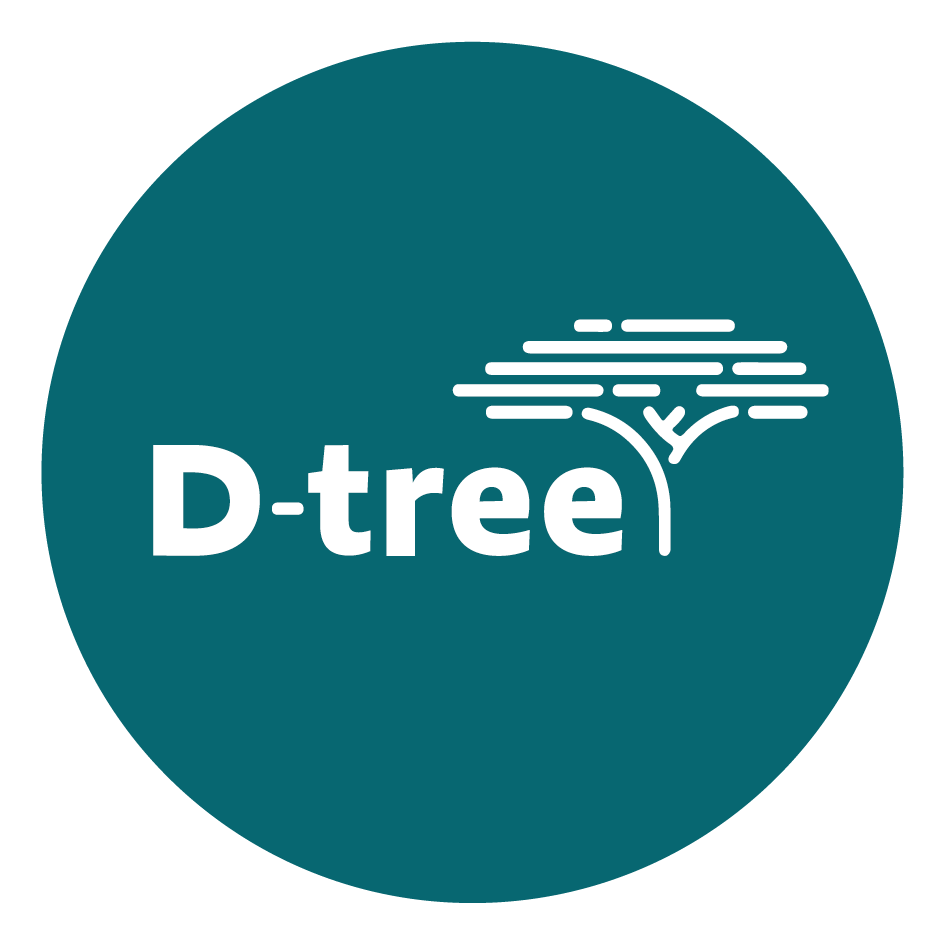16 December – Today marks a historic milestone for the Revolutionary Government of Zanzibar as they announce the transition of the current cadre of community health volunteers to professional community health workers. This shift represents a profound step toward enhancing the impact and recognition of these vital contributors to the health sector.
D-tree, a key collaborator of Jamii ni Afya, Zanzibar’s national digitally-enabled community health program, has been part of this transformative journey since 2010 and stands proudly alongside the government and partners in recognizing this significant achievement.
“Good health starts in people’s households and the tireless efforts of community health workers pave the way for healthier, happier lives and societies. I congratulate and commend the Zanzibar government for this important commitment toward a professionalized community health workforce, which is ultimately a commitment to improve access to quality healthcare for all Zanzibaris”, says Riccardo Lampariello, D-tree CEO.
D-tree’s journey in Zanzibar has been a collaborative effort with the government and partners, addressing long-standing challenges in the community health system. Before 2018, the system faced issues of fragmentation, with multiple, parallel projects lacking coordination and sustainability. In response, D-tree supported the Ministry of Health in updating its national community health strategy, building on the instrumental role of community health volunteers and the power of digital health. Out of this vision and commitment, Jamii ni Afya was born, a groundbreaking, national integrated community health program. As of 2021, every household is reached by the community health initiative. This accomplishment is one of the world’s first examples of a nationally scaled, digitally enabled community health program.
“Zanzibar is the first country in East Africa to implement a national program for community health workers supported by a digital system that aligns with the government’s priorities and national plans. We have every reason to be proud of these achievements and serve as a model for others to follow.”, says Hon. Nassor Ahmed Mazrui, Minister of Health, Zanzibar.
An event to announce the commitment with roll out starting in 2024 is taking place in Stone Town, Zanzibar, on 16 December, with over 2,000 participants from Ministers, Government Officials, development partners, and community health workers.
What the commitment means:
- Jamii ni Afya community health volunteers will now be officially called community health workers, recognizing their contribution to the Zanzibar health system as public health professionals.
- The community health workers will be absorbed into Zanzibar’s national health system as an official workforce cadre.
- The government will raise and commit domestic funds to sponsor the costs of the Jamii ni Afya program.
- Community health workers will receive compensation that is three times greater than their current stipend. The government will continue to utilize a pay-for-performance system to enhance community health workers accountability and commitment.
- Community health workers will provide expanded services to households and communities, including simple curative and diagnostic services. Community health worker training will increase significantly to accommodate the added skills and knowledge needed.
Community health workers are a powerful force to achieve health for all, even more so when professionalized and sustained as part of the government’s health system. When skilled, supervised, salaried and supplied, community health workers across the globe can save up to two million lives annually.
Since 2010, Zanzibar has seen a 38% increase in health facility deliveries and a 12.6 % reduction in rates of stunting in children under 5 (TDHS 2010, 2015/16 and 2022). Since August 2019, Jamii ni Afya community health volunteers have provided services to over 308,000 children under 5 years of age and 80,500 expecting or recently delivered women. 86 % of Jamii ni Afya respondents have delivered in a health facility, and over 95% of women and children who exhibited a life-threatening danger sign were successfully referred to a health facility to receive care more than triple the rate of typical referral completion. These are incredible results and are made possible in part due to the Government’s efforts in community health, delivered by the community health volunteers of Zanzibar.
Photos from Jamii ni Afya can be found here.
————————————————
For media enquiries:
Camilla Mohabat
Communications Manager, D-tree
+260 774 691 757
+44 7563244 828 (WhatsApp only)

